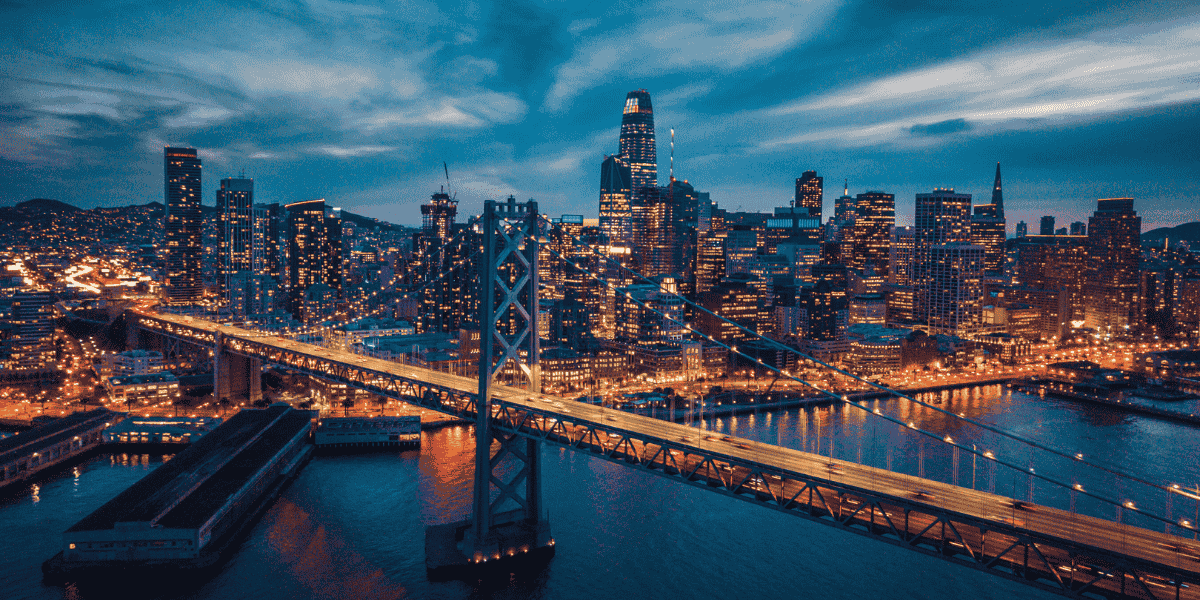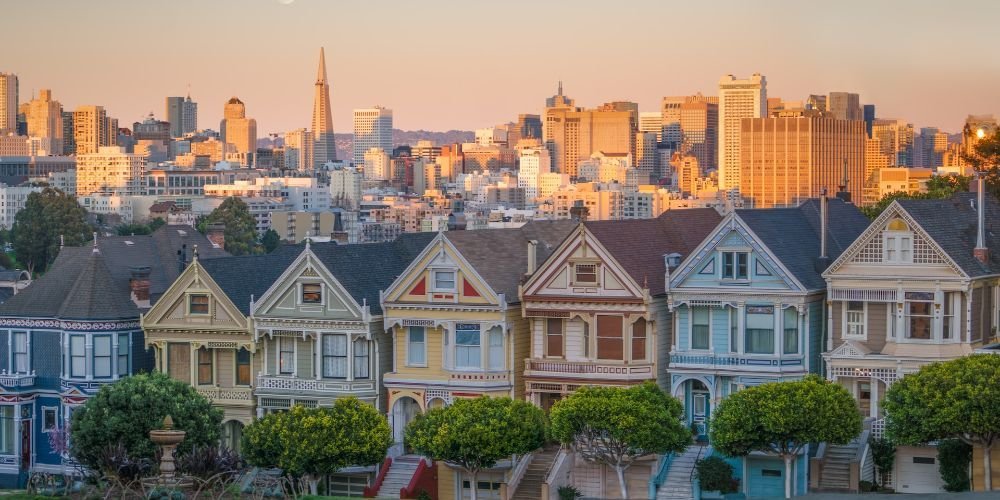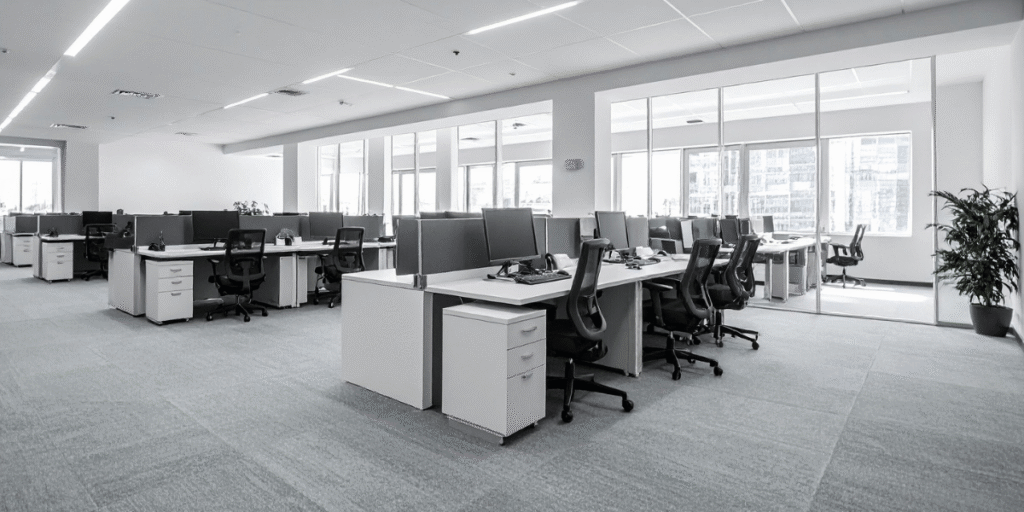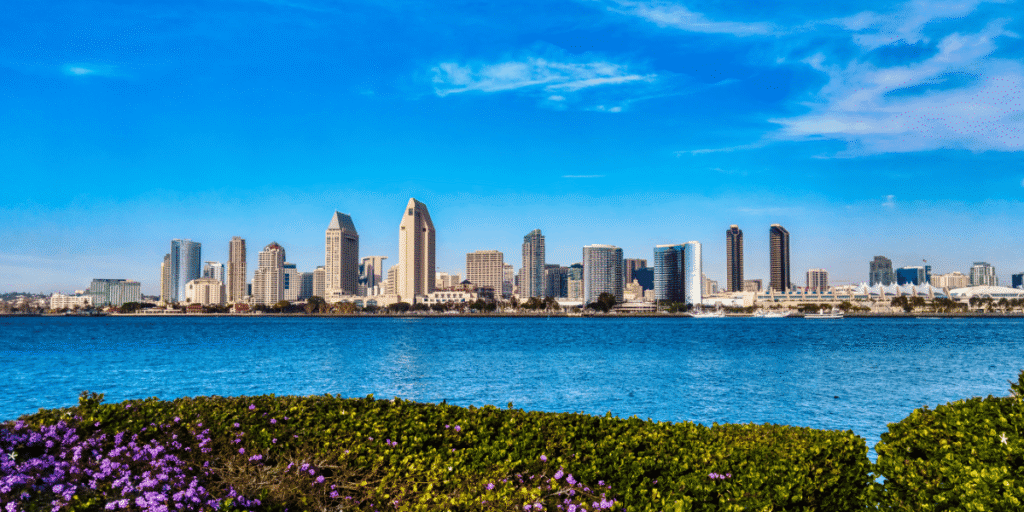Tech Replaces Biotech in Mission Bay

San Francisco’s Mission Bay neighborhood is undergoing a quiet but significant transformation—one driven not by biotech, but by the growing gravitational pull of artificial intelligence.
OpenAI, the company behind ChatGPT and a major force in the AI sector, is reportedly nearing a lease agreement for space at 455 Mission Bay Blvd., a roughly 210,000-square-foot building within the Alexandria Center for Science and Technology. Once dominated by life sciences tenants like Nektar Therapeutics, the property could soon be part of a broader conversion trend, as tech companies reshape the identity of this waterfront district.
A Strategic Cluster for OpenAI
If completed, this would be OpenAI’s fourth major lease in Mission Bay. The company already occupies:
- 550 Terry Francois Blvd. – 315,000 SF (leased in 2024; formerly Gap Inc.’s Old Navy HQ)
- 1455 and 1515 Third St. – 486,600 SF (subleased from Uber in 2023)
Combined with a potential lease at 455 Mission Bay Blvd., OpenAI’s footprint in the area could exceed 1 million square feet—a rare figure in today’s market and a clear sign of long-term investment.
From Labs to Offices
While 455 Mission Bay was originally built for biotech use, much of its space—approximately 150,000 SF—is now being marketed for sublease. Nektar Therapeutics, one of Mission Bay’s early biotech anchors, has downsized significantly, creating an opportunity for incoming tenants like OpenAI.
This pivot from labs to offices is becoming more common. Alexandria Real Estate Equities (ARE), which co-developed the campus and still holds a minority stake, recently filed for an expansion of office space entitlements within the Mission Bay campus. The proposal seeks an increase from just over 24,000 SF to 500,000 SF, citing growing demand from tech and AI companies.
Policy and Planning Implications
San Francisco’s Proposition M limits new office development to 950,000 square feet per year, with most of it designated for large-scale projects. But with few developers pursuing new projects in recent years, 2.5 million square feet of unallocated office space is currently available. This surplus creates a rare window of opportunity for tenants like OpenAI—and for landlords aiming to reposition existing assets.
AI Leads San Francisco’s Recovery
Mission Bay has long been synonymous with life sciences. But the neighborhood is quickly becoming a hotspot for tech expansion, with projects like Mission Rock—a mixed-use development by the San Francisco Giants and Tishman Speyer—attracting major players including Coinbase and reportedly Nvidia.
According to ARE, AI companies now occupy over 5 million square feet across San Francisco, and their leasing activity is playing a critical role in the city’s ongoing recovery.
A New Chapter for Mission Bay
As traditional life science tenants consolidate or exit, tech—particularly AI—is stepping in. With modern infrastructure, proximity to top universities and research centers, and large-scale development capacity, Mission Bay is well positioned to serve the needs of rapidly scaling technology firms.
At IPG, we’re watching this shift closely. The repurposing of lab buildings for tech use, the unlocking of Prop M allocations, and the clustering effect of AI firms all signal a changing landscape—and a wealth of opportunity for forward-thinking investors and tenants.




